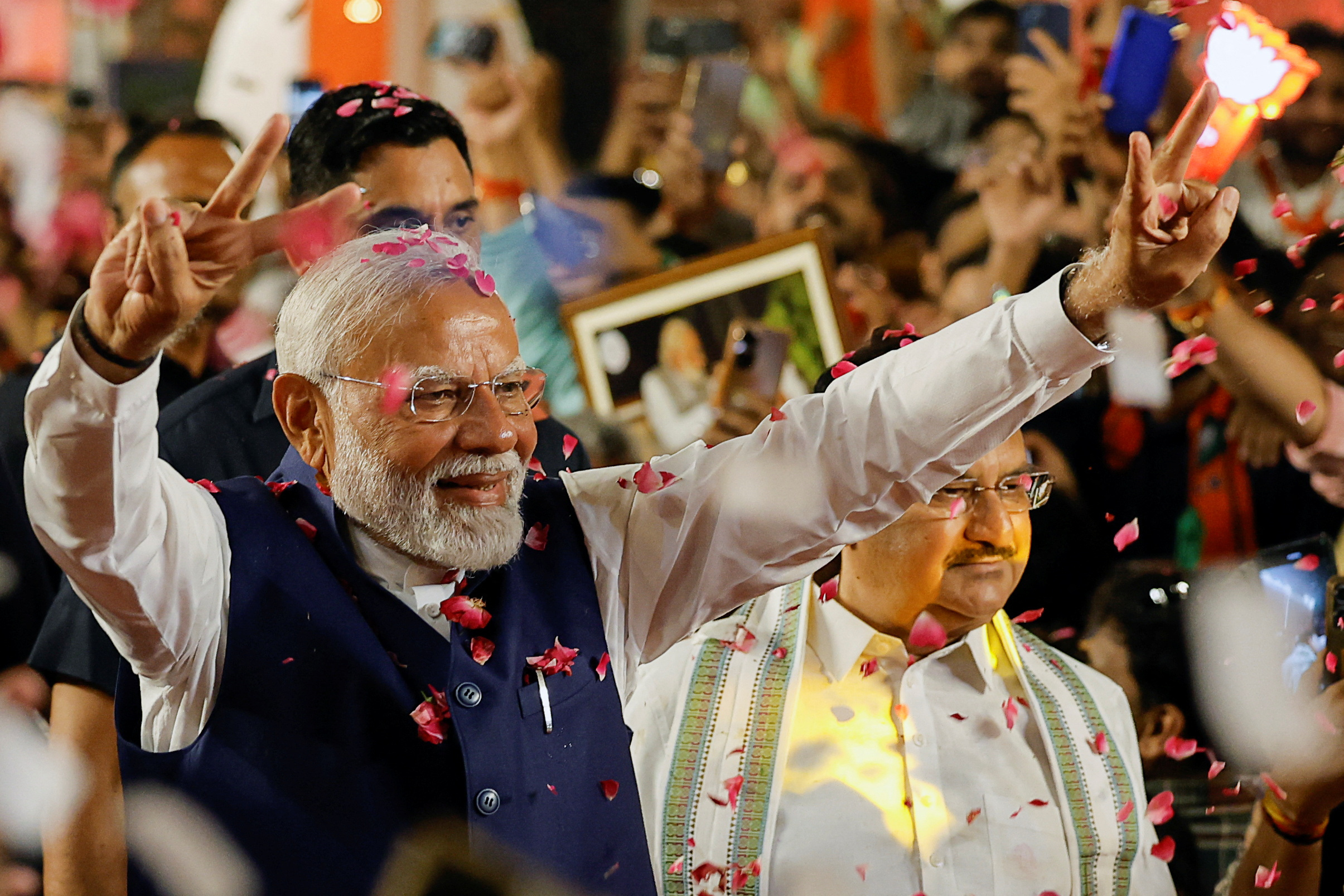Algeria has a presidential system of government and holds elections to determine the President, members of the Parliament, and local officials. Here is some information about the election system in Algeria:
- Presidential Elections: The President of Algeria is elected through direct popular vote. Presidential elections take place every five years. Candidates must be Algerian citizens by birth, at least 40 years old, and meet certain other eligibility criteria. To win in the first round, a candidate must secure an absolute majority of the votes. If no candidate achieves this, a second round is held between the two candidates with the highest number of votes.
- Parliamentary Elections: The Algerian Parliament is bicameral, consisting of the National People’s Assembly (APN) and the Council of the Nation. The APN has 462 seats, while the Council of the Nation has 144 seats. Members of the APN are elected through a system of proportional representation, with closed party lists at the level of provinces. The Council of the Nation is composed of members appointed by the President and indirectly elected members.
- Local Elections: Local elections are held to elect representatives at the municipal and provincial levels. The precise schedule and electoral processes for local elections can vary, but they generally take place periodically.
- Electoral Process: The Ministry of Interior, Local Authorities, and National Planning is responsible for organizing and overseeing elections in Algeria. The Independent National Electoral Authority (Autorité Nationale Indépendante des Elections, ANIE) was established in 2019 to ensure the transparency and integrity of the electoral process.
- Voter Eligibility: Algerian citizens who have reached the age of 18 or older are eligible to vote. Voter registration is required, and citizens must be included in the electoral roll to participate in elections.
- Election Results: The presidential candidate who receives the majority of valid votes in the second round is declared the winner. In parliamentary elections, seats are allocated based on the proportional representation system and the number of votes obtained by each party or coalition. The candidates or lists with the highest number of votes secure the seats.



